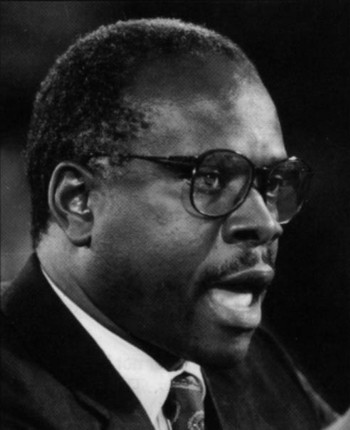
I remember as a kid learning that the term ‘Uncle Tom’ is derisive, which struck me as a bit ironic since I have an uncle whose name is Tom. My uncle Tom is a rebbe in Brooklyn. He is funny and quirky and really intelligent too. So I needed to know how having an ‘Uncle Tom’ was not a good thing.
I asked BILLY SUNDAY about the meaning of ‘Uncle Tom’ and what’s wrong with ‘selling out,’ since it is a phrase I’ve heard uttered in connection with the first.

The Uncle Tom character is someone who’s been given benefits and guarantees while he works hard to please his master. The Uncle Tom believes that due solely to his hard work, he has secured his master’s favor. The Uncle Tom believes that the master’s doctrines are universally beneficial and equitable.

The Whip Cracker is completely different from the Uncle Tom in that the Whip Cracker understands that the benefits he receives are issued not for meritous acheivement but for complicit behavior. The Whip Cracker doesn’t believe that he is favored by the master but understands that if he complies with the master’s programs, then he will be spared from the master’s wrath. The Whip Cracker knows the dirty tricks the master employs to control his holdings and the Whip Cracker has no empathy for the moral consequences. All the Cracker wants to know is,”When am I going to eat?”

In the end, the Uncle Tom is a tragic figure because he believes that he is truly loved by his controllers, whereas the Whip Cracker understands and accepts that he is only a servant responsible for sustaining the master’s control.








